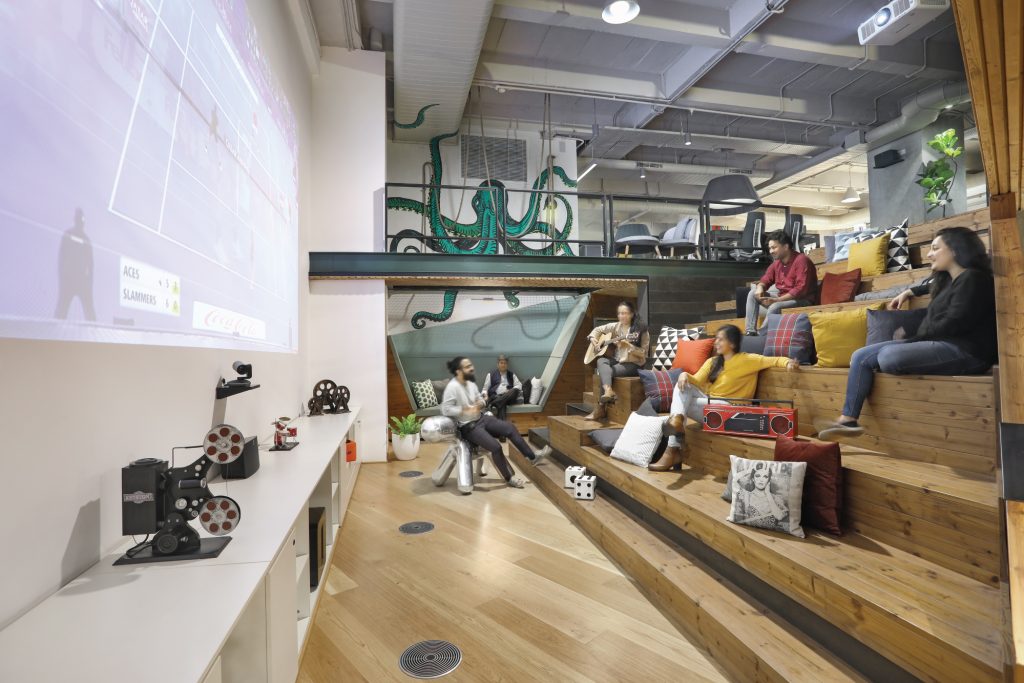Work-life integration, the concept of blending work and personal life in a harmonious way, has become increasingly important in today’s fast-paced and hectic world. With the rise of technology and the ability to work from anywhere at any time, the lines between work and personal life have become blurred. This shift has led to a greater focus on achieving a balance between one’s career and personal life, with the goal of living a more fulfilling and meaningful life.
The impact of work-life integration can be felt in many aspects of our lives. From improved mental and physical health to increased productivity and job satisfaction, finding a balance between work and personal life can lead to a happier and more fulfilling existence. In this article, we will explore the various ways in which work-life integration can positively impact our lives and how we can strive to achieve a better balance between the two.
One of the key benefits of work-life integration is improved mental health. Finding a balance between work and personal life can help reduce stress and anxiety, leading to a more positive mindset and overall well-being. When we are able to take time for ourselves and engage in activities that bring us joy outside of work, we are better able to cope with the daily challenges and demands of our jobs. This, in turn, can lead to increased job satisfaction and a greater sense of fulfillment in our careers.
In addition to mental health benefits, work-life integration can also have positive effects on our physical health. Studies have shown that individuals who are able to balance work and personal life have lower rates of heart disease, obesity, and other chronic health conditions. Taking time for regular exercise, healthy eating, and sufficient rest can all contribute to better physical health and well-being. By prioritizing our personal health, we are better equipped to handle the demands of our jobs and lead a more balanced life.
Another important aspect of work-life integration is increased productivity. When we are able to effectively manage our time and balance our work and personal responsibilities, we are more focused and motivated while on the job. This can lead to greater efficiency and higher levels of productivity, ultimately benefiting both our careers and personal lives. By setting boundaries and creating a schedule that allows for dedicated time for work and leisure activities, we can optimize our productivity and achieve our goals more effectively.
Furthermore, work-life integration can also lead to improved relationships with others. When we are able to balance work and personal life, we are better able to connect with our family, friends, and loved ones. Spending quality time with those we care about can strengthen our relationships and provide us with the support and love we need to thrive. By prioritizing relationships outside of work, we can create a strong support system that can help us navigate the challenges and stresses of our careers.
In order to achieve work-life integration, it is important to set boundaries and establish priorities. This may involve creating a schedule that allows for dedicated time for work as well as personal activities, setting limits on work-related tasks outside of regular hours, and taking breaks to recharge and relax. By being intentional about how we allocate our time and energy, we can create a more balanced and fulfilling life that supports both our professional and personal goals.
In conclusion, work-life integration has a profound impact on our mental and physical health, productivity, relationships, and overall well-being. By finding a balance between work and personal life, we can lead a more fulfilling and meaningful existence that allows us to thrive in all areas of our lives. By prioritizing self-care, setting boundaries, and establishing priorities, we can create a harmonious blend of work and personal life that supports our goals and aspirations. Embracing work-life integration can lead to a happier, healthier, and more balanced life for all individuals.

